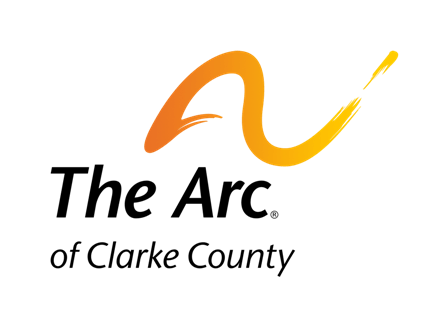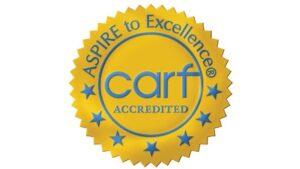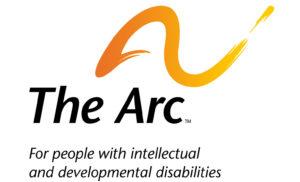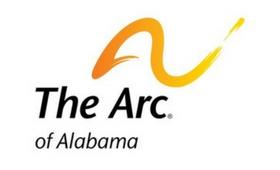Reportable to the assigned Supervisor or Program Coordinator, the Direct Support Professional provides support and care to individuals with intellectual and developmental disabilities and/or autism in their homes and communities. The overall goal of the Direct Support Professional is to carry out The Arc of Clarke County’s mission – to embody and protect the human rights of individuals with intellectual and developmental disabilities and to practice person-centered planning, which actively supports their full inclusion and participation in the community throughout their lifetimes. The DSP will be assigned to work in either a community home (or homes) owned by The Arc or at a location(s) assigned by the Home and Community Services Department (HCS).
Overview of Duties/Essential Functions:
Competencies:
To perform this position successfully, an individual should demonstrate the following competencies:

The Arc of Clarke County provides resources and services to people with intellectual and developmental disabilities (IDD), their families, and the community through comprehensive and quality programming, advocacy efforts, education, and awareness, all in an effort to ensure each person affected by IDD has the opportunity to reach his or her fullest potential for the most independent life possible.







